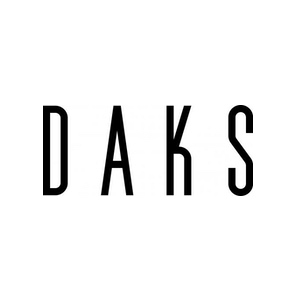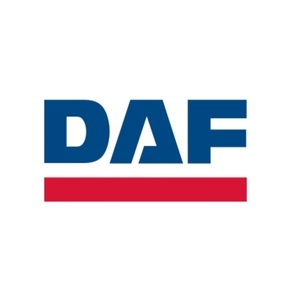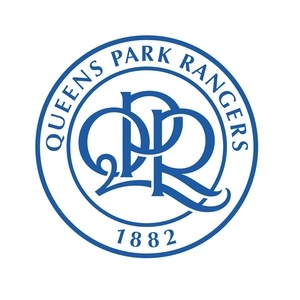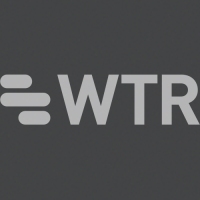Search-a-brandPowered by BRANDSMITHS
Search-a-brand assists you in researching, choosing and building a brand for your company, service or product. Try it out and search with the intended name!
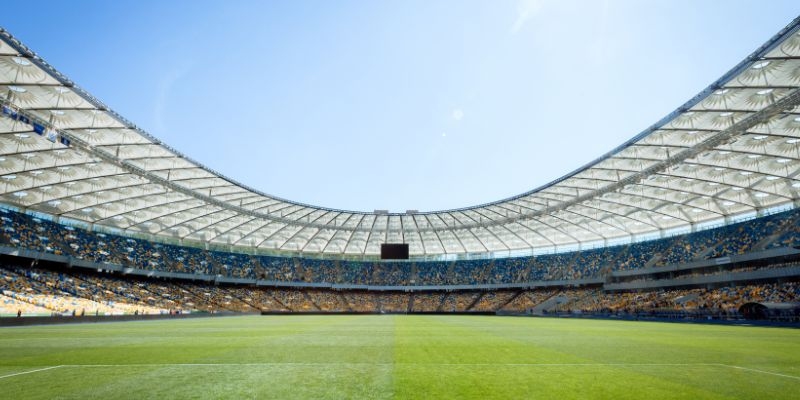
AN INSIDER'S LOOK AT THE JANUARY TRANSFER WINDOW
Author: Tom Keane
Tom Keane, ex-Head of Football Negotiations at Manchester United shares trends to look out for.
January is a uniquely challenging window to do deals for players.
Clubs midway through their campaigns will be reluctant to part ways with their stars, and if they were to do so, would demand inflated fees in return – the ongoing situation with Trent Alexander-Arnold being a live case in point. This window has however seen some eye-catching deals in the past, think Torres from Liverpool to Chelsea in January 2011 – perhaps demonstrating Liverpool will deal when the price is right (in that case a British record fee). That said, the evolution of UEFA’s Financial Fair Play Regulations (FFP) and the Premier League’s Profit and Sustainability Rules (PSR) rules has resulted in a uniquely more complex marketplace. Premier League clubs spent just £96.2m on new signings during the January 2024 window, down from £780m in January 2023, with PSR slashing spending power.
Based on my experience as a football agent for the past 15 years and also Head of Football Negotiations at Manchester United during 2022, here are some key trends to look out for in the month ahead.
Profit, Pressure, and PSR
Post-pandemic financial realities have left clubs grappling with tighter budgets. PSR rules demand fiscal restraint, compelling clubs to balance ambition with compliance. Consequently, the sale of homegrown players is emerging as a particularly attractive strategy this January. Why? From an accounting perspective, these players represent "pure profit".
Take, for example, someone like Marcus Rashford at Manchester United whose time at the club seems to be coming to an end. Players developed through a club’s academy have no associated transfer fee on the books, meaning any sale is recorded as a straight gain. For financially constrained clubs, this can create significant room to maneuver in rebuilding squads. However, these decisions are rarely straightforward, they require a delicate balance between long-term squad stability and short-term financial needs, all underpinned by evolving regulatory frameworks.
Fans often view these financial decisions as cold-hearted, as they understandably see their homegrown players as more than just profit opportunities. For clubs like United, managing Rashford's situation requires striking a delicate balance between their willingness to sell and maintaining a valuation that doesn’t give the impression they are eager to offload him at a cut price.
The Rise of Player Swaps
Youth development expenditure holds a unique position in the PSR framework, as it is fully deductible from a club’s calculations. This has made the sale of academy players especially lucrative, with such deals generating "pure profit" on balance sheets as they are uninhibited by prior transfer fees.
Over the past year this strategy has gained momentum, particularly amongst those Premier League clubs in need of balancing their books. In some cases, it has led to a flurry of academy player exchanges right before the PSR accounting deadlines. In the summer 2024 window, Aston Villa acquired Chelsea’s Ian Maatsen for £37.5 million, while Chelsea simultaneously secured Villa’s 18-year-old prospect Omari Kellyman for £19 million. The incoming profit can be banked in full on that year’s accounts, whereas the outgoing sums will be amortised over the duration of the new player’s contract (to a maximum of 5 years). Deals of this nature raise both strategic and ethical questions, as clubs leverage the accounting loophole to navigate increasingly restrictive financial regulations.
The Final Window Under Current Rules
January 2024 also carries a unique significance: it is the last transfer window before the introduction of Premier League’s new financial regulations for season 2025/26, which mirror UEFA’s ‘squad cost ratio’ regulations. From next season, clubs’ spending on transfers, wages, and agent fees will be capped as a percentage of revenue (starting at 85% for clubs not competing in a UEFA competition and reducing to 70% for clubs that do). This change in regime will have an impact – presenting an opportunity for clubs sitting in a healthy position under the current regime and a final hurdle for those clubs who have been living close to the boundaries under the current regime.
For legal and financial professionals advising clubs, this transitional period presents both opportunities and challenges. Contracts signed now must anticipate compliance with future regulations, requiring robust forecasting and strategic planning. This could also influence the structure of deals, with more emphasis on performance-related clauses, staged payments, and other mechanisms to ensure compliance with evolving rules.
Patience
While many fans hope their clubs will adopt an "all-in" approach during the January transfer window, the reality is that high-profile transfers are seldom executed on a whim and they are notoriously difficult to do mid-season. Behind the scenes, such deals require months of meticulous planning, encompassing in-depth scouting, internal financial modeling, and complex external negotiations. This process involves aligning multiple stakeholders, board members, technical directors, legal teams, and player representatives from opposing clubs, all whilst adhering to PSR.
The reality is therefore that January will always be a more opportunistic market and the majority of players that move will be those on the periphery of their current squads who need to find opportunities to play and also player’s whose contracts may be drawing to a close representing a final chance for their current club to recoup some money.
What to Watch For
While blockbuster deals remain more likely in the summer, January 2024’s market will be defined by:
1. Homegrown Talent Sales - clubs with valuable academy graduates will consider monetising their assets to bolster financial flexibility.
2. Player Swaps - Creative deal-making will dominate as clubs aim to refresh squads while staying within PSR limits. Keep an eye on complex, multi-player transactions.
3. Loans – are always popular in January as player’s seek playing time, acquiring clubs seek short term fixes and loaning clubs seek a solution to build value in players who are not playing.
4. Strategic Positioning – some clubs will look to future-proof their operations ahead of the Premier League’s incoming ‘squad cost ratio’ regulations.
Brandsmiths is a trading name of Brandsmiths S.L. Limited which is authorised by the Solicitors Regulatory Authority, SRA No: 620298. Founding Partner: Adam Morallee
Privacy and Cookie Policy | Terms and Conditions | Complaint Procedure | Site by: Elate Global








